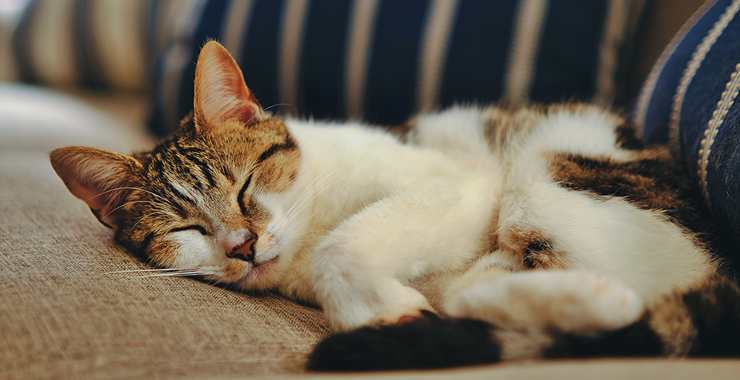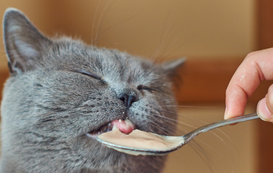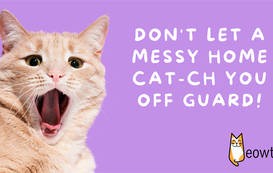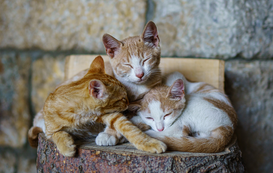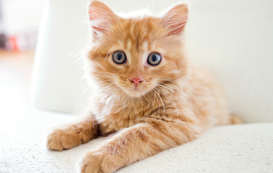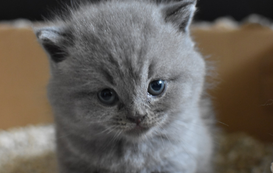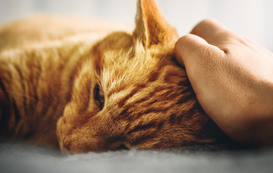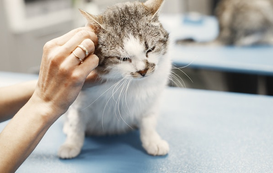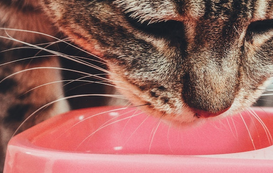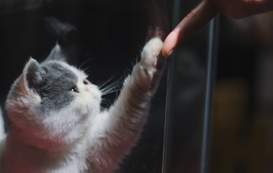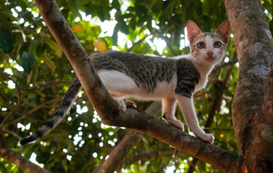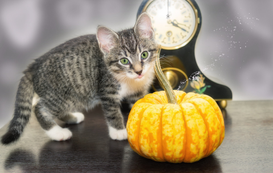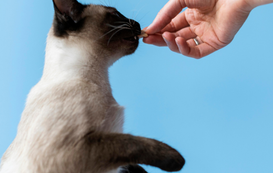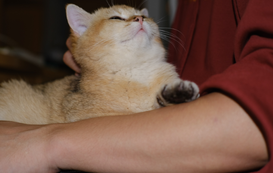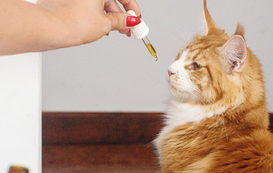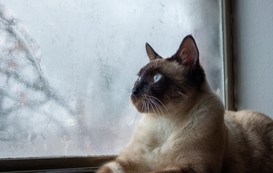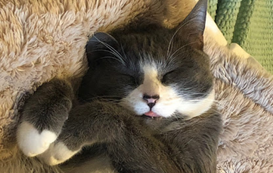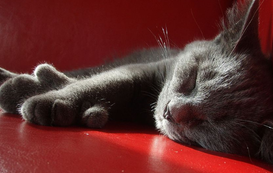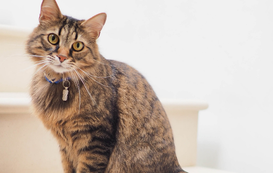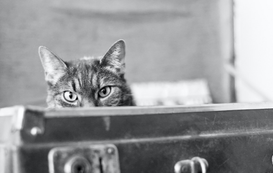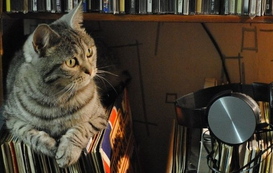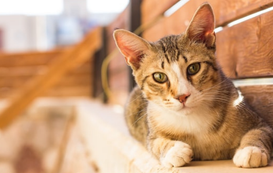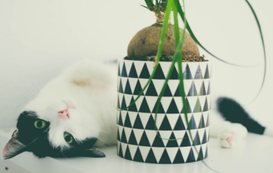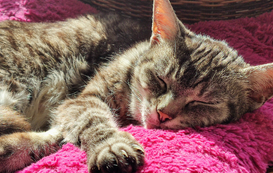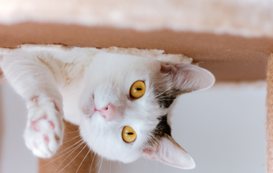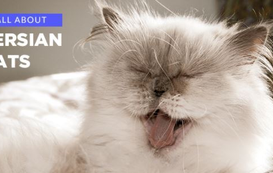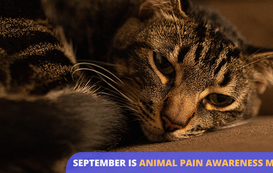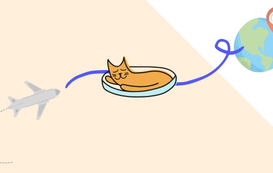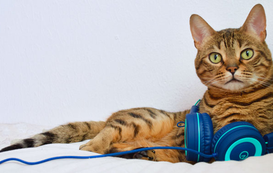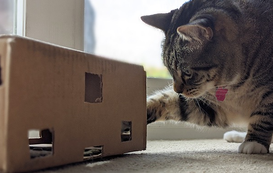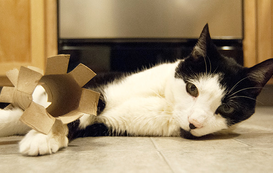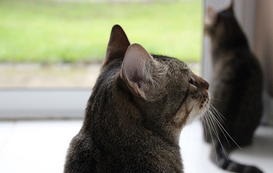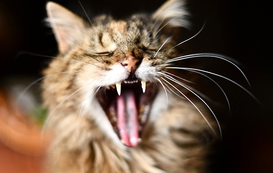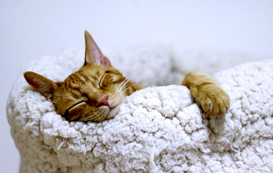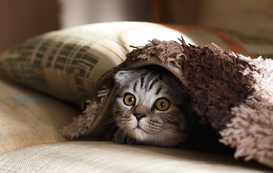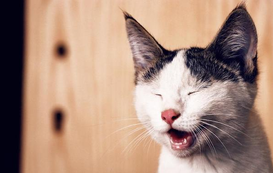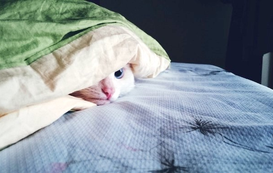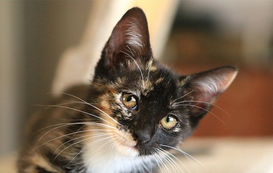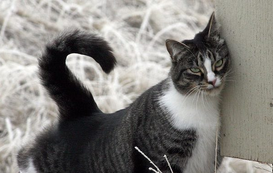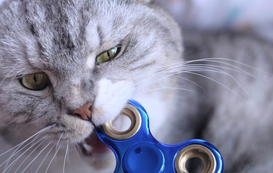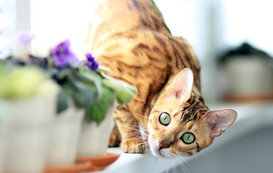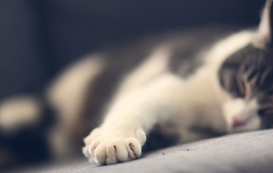Stress in cats can arise from various factors, including changes in their environment, lack of mental or physical stimulation, or even interactions with other animals. As responsible cat parents, it is crucial for us to recognize the signs of stress in our feline companions and take appropriate measures to help them relax and destress. In this blog post, we will explore common signs of stress in cats and provide effective ways to help destress your furry friends.
Signs of Stress in Cats
Changes in Behavior
Stress can manifest changes in your cat's behavior. Look out for excessive hiding, reduced appetite, increased aggression or irritability, overgrooming, or even avoiding social interactions. These alterations in behavior may indicate that your cat is experiencing stress and discomfort.
Litter Box Issues
Cats are naturally clean animals, so if your cat suddenly starts urinating or defecating outside the litter box, it may be a sign of stress. In some cases, stress can cause cats to develop litter box issues or even urinary tract issues. Monitor your cat's litter box habits closely to identify any changes.
Excessive Vocalization
Some cats tend to become more vocal when stressed. If your cat is excessively meowing, yowling, or hissing, it could indicate anxiety or unease. Vocalization is their way of expressing their discomfort, so pay attention to these changes in their communication patterns.
Changes in Eating Habits
Stress can impact a cat's appetite, leading to either an increase or decrease in food intake. Some cats may overeat as a response to stress, while others may lose interest in food altogether. Keep a close eye on your cat's eating habits and consult a veterinarian if you notice significant changes.
So what can you do to help?
Create a Safe Environment
Cats require a secure and stress-free environment to thrive. Provide them with a designated safe space where they can retreat when they feel overwhelmed. This space should include comfortable bedding, toys, scratching posts, and a hiding spot. Try to keep it quiet and free from any potential stress triggers.
Regular Playtime and Exercise
Engaging your cat in regular play sessions and exercise is crucial for their mental and physical well-being. Interactive toys, such as puzzle feeders or toys that mimic prey, can provide mental stimulation while satisfying their natural instincts. A tired cat is often a more relaxed and content cat.
Consistent Routine
Cats thrive on routine, and sudden changes can cause stress. Try to maintain a consistent daily routine for your feline friend, including regular feeding times, play sessions, and sleep schedules. Predictability can help alleviate stress and provide a sense of security for your cat. If you're leaving town and need a background-checked in-home sitter to honor your cat's routine, you can find a cat sitter on Meowtel!
Environmental Enrichment
Provide your cat with plenty of environmental enrichment opportunities. This can include window perches for bird watching, vertical spaces like cat trees or shelves, and access to scratching posts. Consider introducing interactive toys or rotating their toys to keep them mentally stimulated and prevent boredom. If you're crafty and have a bit of spare time, you can even make your own DIY cat tree.
Pheromone Therapy
Feline pheromone products, such as synthetic facial pheromones, can help create a calming atmosphere for stressed cats. These products come in various forms, such as sprays, diffusers, or collars, and can be used to reduce anxiety and promote relaxation. Consult with your veterinarian about the appropriate product for your cat.
Provide Hiding Places
Cats often seek out hiding spots when they feel stressed or overwhelmed. Make sure your cat has access to safe and cozy hiding places throughout your home. This can include cardboard boxes, cat caves, or even designated hiding spots you create using blankets or towels. These hiding places offer a sense of security and a space to retreat to when needed.
Maintain a Stress-Free Environment
Reduce potential stressors in your cat's environment. Keep loud noises to a minimum, keep litter boxes clean and easily accessible, and provide separate spaces for multiple cats to avoid territorial conflicts. A peaceful environment will help your cat feel more at ease and reduce their stress levels. You cat may even enjoy some music to help them keep calm.
In summary
Recognizing the signs of stress in your cat is essential for maintaining their overall well-being. By providing a safe and stress-free environment, engaging them in regular play and exercise, and incorporating environmental enrichment, you can effectively help destress your feline friends. Remember that each cat is unique, so it may take time to identify the best strategies that work for your individual pet. With patience, love, and proper care, you can create a harmonious and stress-free environment that allows your cat to thrive and enjoy a happy, healthy life.
Ready to find the purrfect sitter for your feline friend? Find a cat sitter on Meowtel today!

